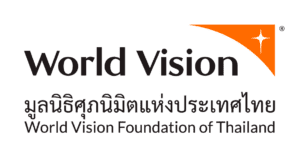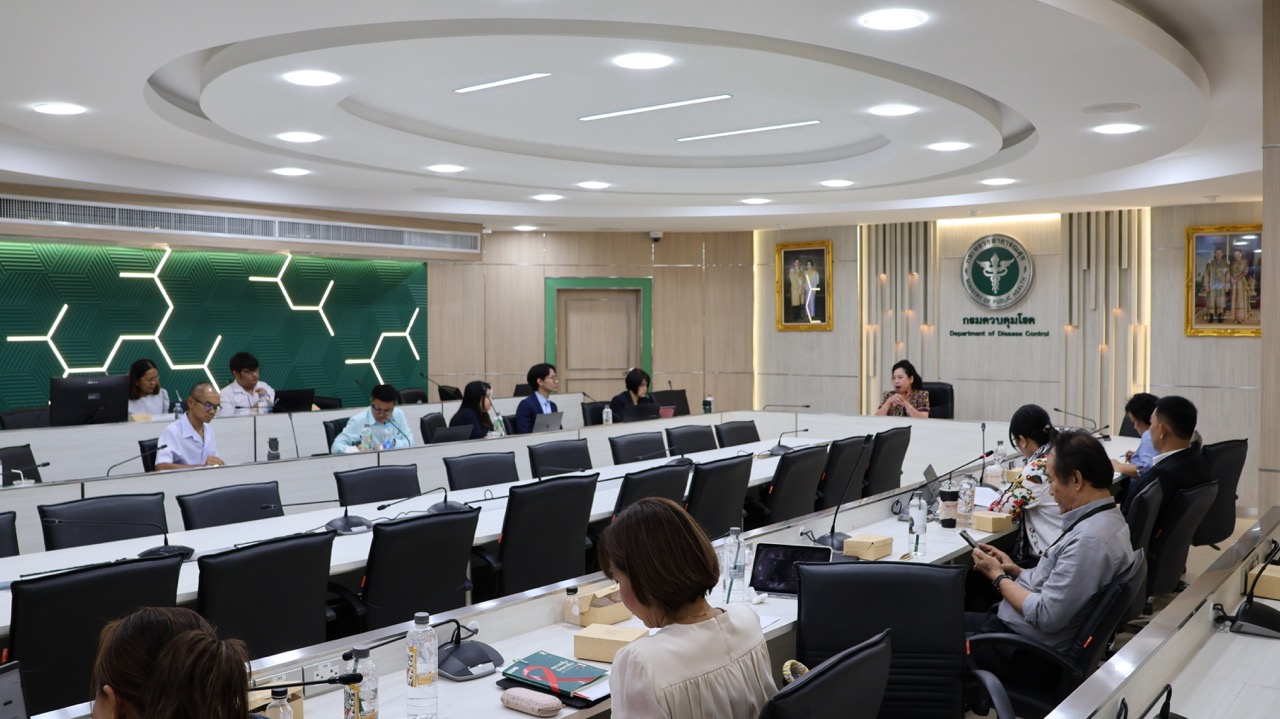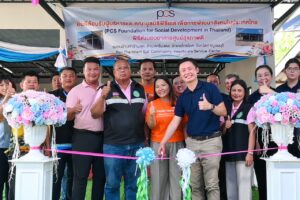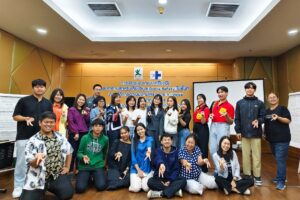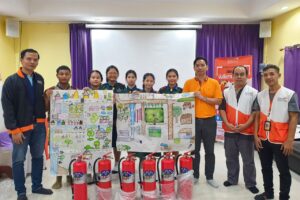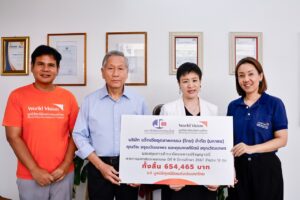In Thailand’s current context, despite ongoing efforts to control tuberculosis (TB) through the National Strategic Plan to End TB, which aims to reduce TB deaths by 95% and new cases by 90% by 2035, significant gaps remain in access to healthcare services. These gaps are especially evident among key populations, including migrants, people who use drugs, sex workers, incarcerated persons, and people living with HIV. These groups often face multiple barriers to TB diagnosis and treatment, ranging from legal and residency issues to lack of awareness of health rights, language barrier and cultural differences, and stigma within the healthcare system.
Stigma and Discrimination: Invisible Barriers with Real Consequences
One of the most critical barriers to accessing care is stigma and discrimination, which remain deeply rooted in healthcare systems, service provider attitudes, and surrounding communities. This leads many TB patients, especially those from key populations, to feel unsafe or hesitant to seek treatment. Whether through direct experience or perceived risk, individuals may avoid care due to degrading questions, unauthorised disclosure of legal status, or delayed services. These experiences not only cause emotional distress but also contribute to treatment dropouts and delayed diagnoses, increasing the risk of transmission and the emergence of drug-resistant TB, a serious public health threat.
To address these challenges, collaboration among government agencies, civil society, the private sector, and communities is essential. Efforts must go beyond structural improvements to include building provider awareness, creating feedback mechanisms for service users, and empowering vulnerable groups to participate in shaping policies and service delivery
The Beginning of the Collaboration: The TB Task Force on Stigma and Discrimination
In April 2025, World Vision Thailand, the principal recipient of the Global Fund-supported project, ‘Stop TB and AIDS through RRTTPR year 2024-2026’, convened a meeting to report progress on establishing the TB Task Force on Stigma and Discrimination. This platform brings together diverse partners to develop comprehensive solutions to challenges related to stigma and discrimination. Participants included the Department of Disease Control, Division of Tuberculosis, Division of AIDS and STIs, Bangkok Rainbow Organization, Health and Social Research Institutes, Bangkok Metropolitan Administration’s Health Department, Institute of HIV Research and Innovation, Policy Research and Development Institute Foundation, Thai Women Living with HIV Foundation, Health System Research Institute, Mahidol University, Chulalongkorn University, Service Workers in Group Foundation, National Cooperation Mechanism Committee, TB/HIV Research Foundation, Raks Thai Foundation, Foundation for Action on Inclusion Rights, and LFA, with an emphasis on inclusive participation from all sectors in building a TB service system free from bias.
The meeting also discussed the data collection of a new indicator, TB O-9, which measures the percentage of TB patients reporting community stigma affecting their access to care. This marks a major step in integrating patient experiences into TB surveillance systems—not only for monitoring but also for analysing stigma trends and informing sensitive, context-specific policy responses. Ethical, safe, and trust-building data collection methods were emphasised to ensure that TB patients’ voices are fully heard and lead to meaningful systemic change.
Hope for the Future: A Health System That Leaves No One Behind
The establishment of the TB Task Force on Stigma and Discrimination is a crucial first step toward developing a stigma and discrimination index for TB patients. This tool will help drive health policies grounded in equity and justice. For sustainable impact, the next phase must:
· Promote continuous, high-quality data collection
· Train healthcare workers on diversity and inclusion
· Develop public communication strategies to reduce societal bias
· Most importantly, empower migrants and key populations to communicate and shape the systems that affect them
Ultimately, Thailand cannot end TB if any group is left behind or unable to access care equally and still facing stigma from both systems and society. Building a humane, inclusive health system is at the heart of this effort. The TB Task Force is not just a technical body—it is a mechanism of hope, guiding Thailand toward a future where equity is not just policy, but practice at every level of care.
